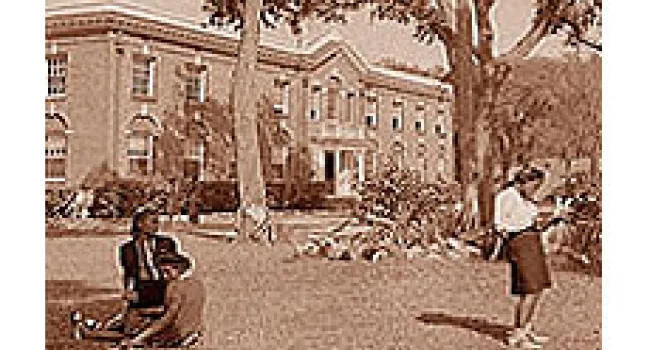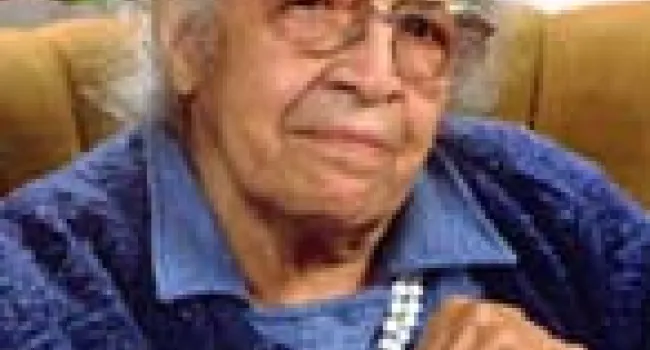
In 1839, Robert Smalls was born into slavery in Beaufort, South Carolina. As a slave, he worked in the Charleston shipyards. After learning the local harbor and surrounding waters, 23-year-old Robert Smalls began piloting a steam-powered supply ship called the Planter. Though Robert Smalls had many responsibilities, as a slave he did not have his freedom. During the Civil War, Robert Smalls, his family, and his friends made a daring escape from slavery by cruising the Planter out of Charleston Harbor to Union territory.
Standards
- This indicator was developed to encourage inquiry into how land acquisition and the resulting border changes of the U.S. impacted the people of the western territories prior to Westward Expansion.
- This indicator was designed to encourage inquiry into the Civil War focusing on the impacts of military strategies and major turning points on South Carolina and the U.S.
- 8.4.CC Analyze continuities and change in the African American experience in the period of Reconstruction and Jim Crow eras within South Carolina.
- This indicator was designed to encourage inquiry into how new state and federal Progressive legislation affected individuals and businesses in South Carolina and the U.S. The indicator was also designed to promote inquiry into the new perspectives that emerged regarding social and political change.
En 1839, Robert Smalls nació como esclavo en Beaufort, Carolina del Sur. Como esclavo, trabajó en los astilleros de Charleston. Después de aprender el puerto local y las aguas circundantes, Robert Smalls, de 23 años, comenzó a pilotear un buque a vapor llamado Planter. Aunque Robert Smalls tenía muchas responsabilidades, como esclavo no tenía su libertad. Durante la Guerra Civil, Robert Smalls, su familia y sus amigos escaparon de la esclavitud en el Planter, cruzando desde el puerto de Charleston hasta territorio de la Unión.










